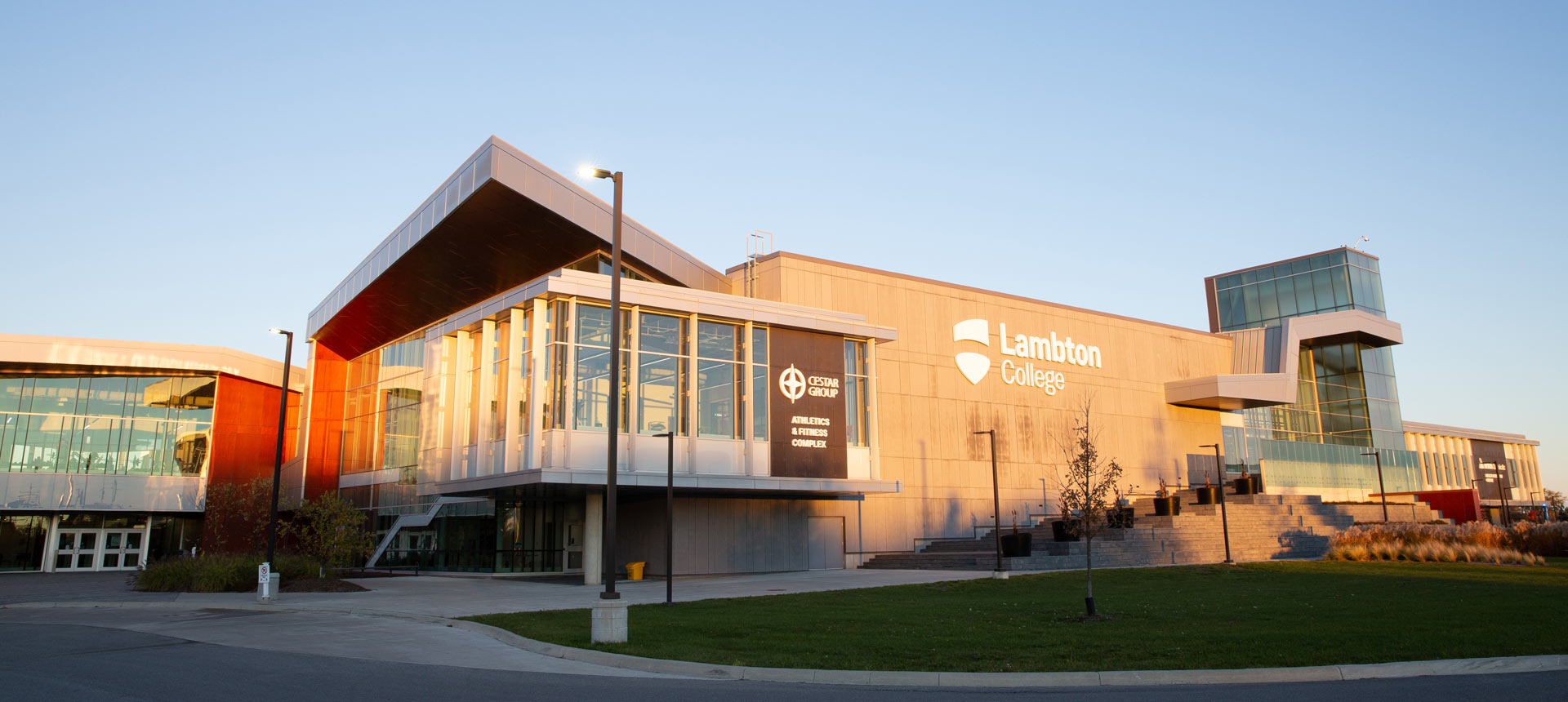2000-2-1 Program Curriculum Development, Review, Revision & Documentation
Responsible Executive
Senior Vice-President, Academic & Student Success
Policy Sponsor
Dean, Academic Excellence & Teaching Innovation
Issue Date
March 18, 2010
Supersedes Date
May 22, 2008
Last Review
November 16, 2023
Last Revision
November 16, 2023
Upon request, the college will provide a copy of this policy in an alternate format.
Lambton College is committed to delivering programs that meet and exceed standards and expectations for quality, currency, and relevance, while ensuring compliance with the requirements of the Ministry, Colleges and Universities Binding Policy Directives.
This policy encompasses the initial program build, as well as minor and major curriculum revisions for all programs that result in a Board of Governors, Ontario College Credential, or Degree.
Definitions
- Program Build
- The program build is the first iteration of the program curriculum, developed with the launch of a new program.
- Major Curriculum Change
- A major change is defined as a program curriculum revision that impacts the requirements to graduate from a program. Examples include, but are not limited to, adding, or reducing total program hours; adding, deleting, or substituting a course; and amending Work Integrated Learning requirements.
- Minor Curriculum Change
- A minor change is defined as a program curriculum revision that does not impact the requirements to graduate from a program. Examples include, but are not limited to, changing a course title; adjusting pre and co-requisites; and course sequencing or semester course delivery.
- The Academic Dean has responsibility and accountability for curriculum content.
- Program Builds and Major Curriculum Changes require the approval of the Senior Vice-President, Academic & Student Success. Minor Curriculum Changes require the approval of the Academic Dean.
- Program build and curriculum changes will be guided and informed by subject matter experts and may impact many stakeholders. The academic office will identify and ensure thorough and appropriate consultation throughout the program build or curriculum change process.
- Curriculum changes:
- Must benefit and not disadvantage students;
- Must align with:
- Program vocational learning outcomes, general education, and essential employability skills;
- Any provincial program standards;
- Any requirements of external accrediting bodies
- Follow the process as described in the Curriculum Build and Change Guide and posted on the internal site (hyperlink).
- The development of new curriculum or revision of existing curriculum will also be conducted through an equity lens, specific to the course context. This includes ensuring that curriculum is up to date; relevant to the current context; supportive of the diversity, complexity and richness of human experience; and does not perpetuate negative stereotypes. The College is further committed to embedding Indigenous culture and history into its curriculum.
- Curriculum changes or program builds must be approved, and all curriculum documentation updated, by February 1 for implementation in the Fall term of the same year and impact the cohort beginning Term 1 on that date or later. Changes that result in a tightening of admissions requirements require 18 months between approval and cohort start. Curriculum changes past the established deadlines, or impacting prior term cohorts, require approval from the Senior Vice-President, Academic & Student Success.
- A list of required program documentation will be maintained by the Institutional Intelligence Office and posted on the mylambton website under the College Curriculum Committee. The Academic Office is responsible for ensuring all program documentation requirements are met.
Policy
For questions or concerns regarding this policy, please contact the Policy Sponsor by phoning our main line 519-542-7751.

